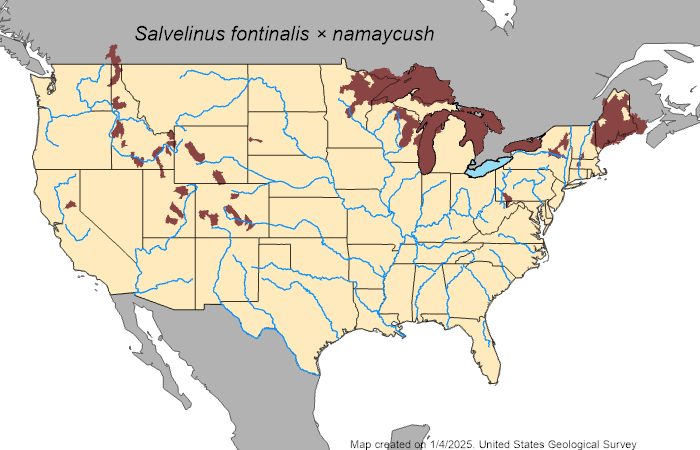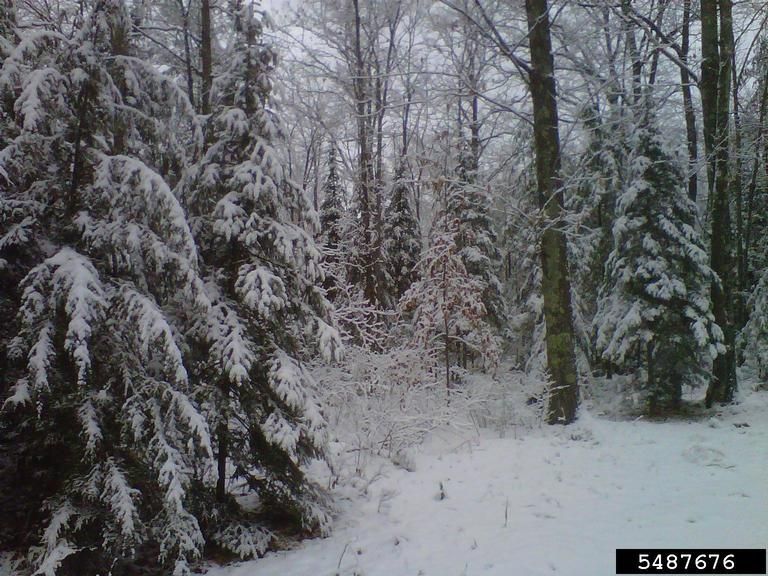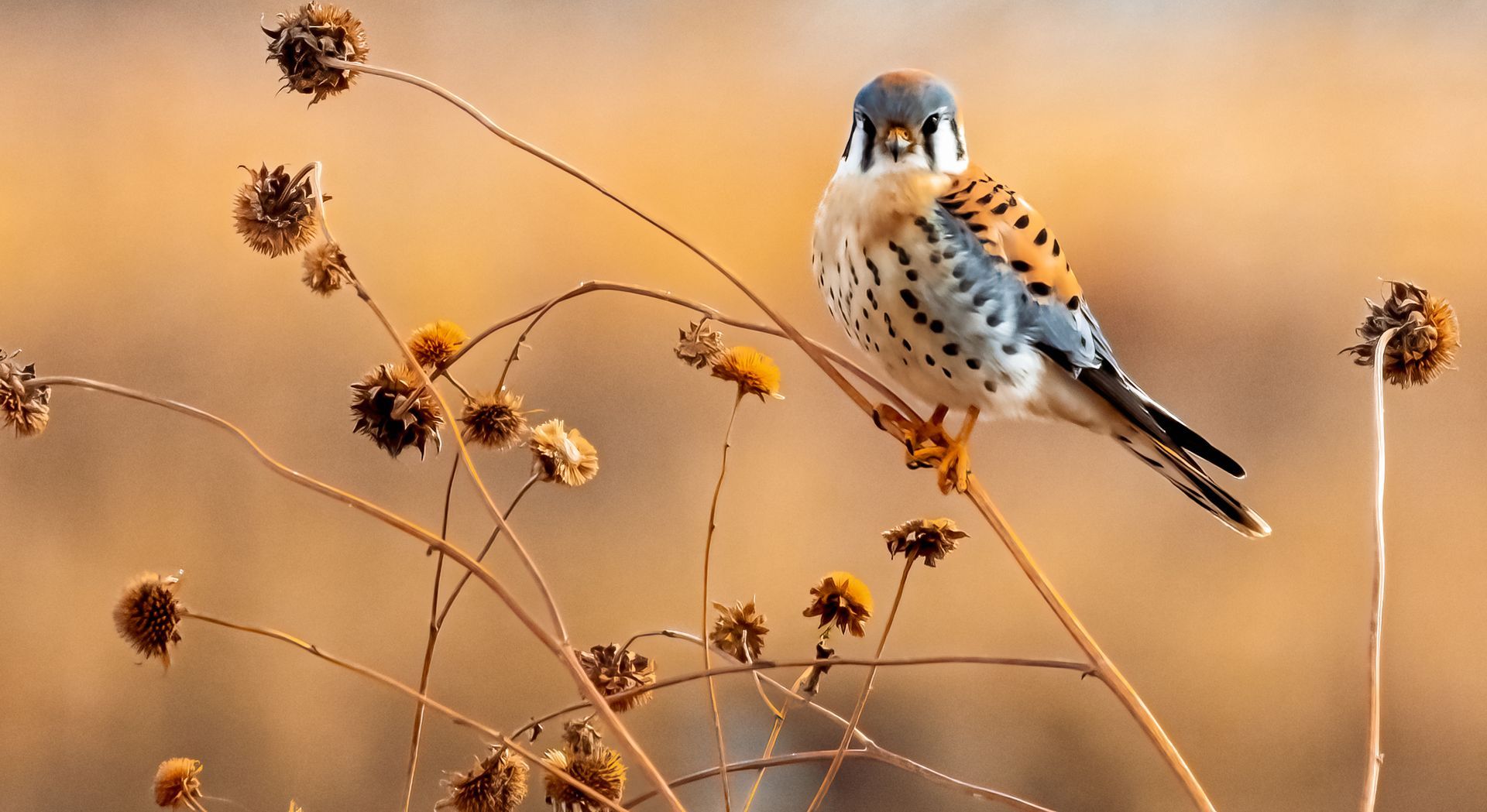Making a Splash in Michigan Fisheries with Splake
Being in the middle of the Great Lakes, the success of Michigan’s fisheries play a great role in the state's history. The Michigan House reported an estimated $63.1 million in revenue from the sale of fishing and hunting licenses combined for the 2022 to 2023 fiscal year. This money is added to a Game and Fish Protection account used to support conservation efforts across the state. Some of the funds raised by licensing fees go toward fish hatcheries which are a valuable component for Michigan’s fisheries. Being able to rear a species in captivity to be released back into the natural habitat to help prevent population decline can be a great conservation strategy, especially when used to stock successful splake into water bodies with stunted trout populations.
History
The Department of Natural Resources defines splake as a Michigan hybrid between brook and lake trout. This species got its name from combining the parental species names of brook (speckled) trout with lake trout. Both of these species are native to Michigan with the brook trout being designated as the state fish. Starting in 1971, this fish has been reared at hatcheries in the state to be stocked into lakes. Due to the life history of splake, they have been a valuable addition as a game fish in lakes across Michigan.
Conservation
In 2021, an evaluation study of the population started in Lake Superior by clipping the fins of stocked individuals to be identified for tracking data. Stocking is a valuable conservation tool used by fisheries managers to help diminished or economically valuable populations persist and replenish. As with many hybrid species, splake are thought to be sterile and unable to reproduce naturally in a wild setting. In contrast with their abilities, the species continues to make spawning runs in the fall to shallow tributaries near structures in the waters. Due to their rapid growth rates and long-term survival found by Maine Inland Fisheries and Wildlife, they are an important source for fisheries and therefore continue to be stocked.

Current Status
The Master Angler size is a minimum of 25 inches which individuals have achieved time and again in Michigan's upper peninsula. The Michigan DNR reports the preferred habitat for this fish is around structures near the shoreline in the Great Lakes. The Maine Inland Fisheries and Wildlife reports splake being found at the surface waters in the spring and fall and deeper in the summer to stay below 60 degrees Fahrenheit. Additionally, these fish can be caught while ice fishing during the winter in many places of the lake. Before going fishing, be sure to read the state’s annual fishing regulations for the year for each target species. These regulations may change based on the status of the population, however, in 2024 fishermen could possess a combination of up to three lake trout and splake per day in most bodies of water in Michigan. The only exception to this rule is in Lake Superior where the daily possession limit of this combination is five.
Characteristics
This hybrid often maintains some combination of the parental characteristics physically with variations in the caudal fin shape, colorations, and patterns. Therefore, the most sure-fire way to identify the species is to look internally at the number of pyloric caeca projections as reported by the Maine Department of Inland Fisheries and Wildlife. This is an organ located in the stomach area of fish. It has been found that brook trout have 23 to 55, lake trout have 93 or more, with splake falling in between with 65 to 85 pyloric caeca.

Get Involved
If you happen to catch a splake, whether by accident or on purpose, look for a clipped fin or any other marking on fins. When a marked fish is identified, data can be reported, such as length, weight, sex, and chronological details for evaluation and research. Reports can be made through the DNR Eyes in the Field app or the local DNR fisheries office. If you catch a master angler of any fish, submit it to the Michigan DNR to get a master angler patch. If you are an angler or have an interest in water quality, consider joining us as one of our annual river clean-ups by checking out our On the Ground website for upcoming projects.



